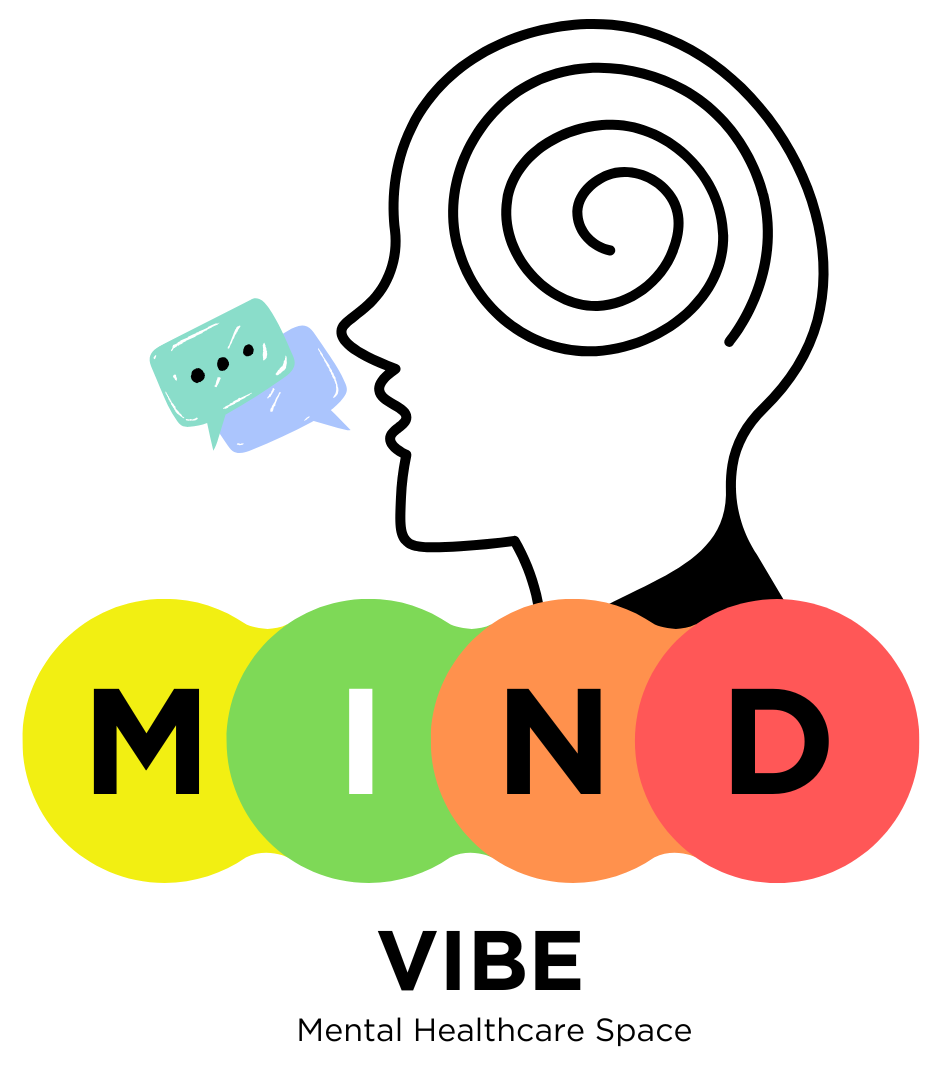Parenting shapes everything — how we love, how we trust, and how we see ourselves. But when a parent’s love becomes conditional, self-focused, or emotionally manipulative, the effects run deep.
This is what we call narcissistic parenting — a pattern that silently influences a child’s self-worth and emotional world well into adulthood.
What Is Narcissistic Parenting?
Narcissistic parenting happens when a parent’s sense of self takes precedence over the child’s emotional needs. The child becomes an extension of the parent’s identity, rather than being seen as a separate individual.
These parents often crave admiration, control, or validation through their children. They might say they “want the best” for their child — but often, it’s about how the child’s achievements or behaviour reflect them.
Common characteristics include:
- Seeking admiration or validation through the child’s success.
- Dismissing or minimizing the child’s emotions.
- Controlling the child’s choices to maintain personal image.
- Showing affection only when the child meets expectations.
- Deflecting responsibility or guilt when confronted.
How Narcissistic Parenting Impacts the Child
Children of narcissistic parents grow up feeling loved for what they do, not who they are. Over time, this shapes their emotional blueprint.
1. Low Self-Esteem and Identity Confusion
The child learns to measure their worth by performance or approval. They may struggle to develop a stable self-concept and doubt their own perceptions.
2. Chronic Self-Blame
When things go wrong, they internalise guilt — “Maybe it’s my fault.” This becomes a lifelong pattern of over-apologising or over-explaining.
3. Fear of Disapproval
A deep need to please often follows them into adulthood. They may attract emotionally unavailable or controlling partners because that feels familiar.
4. Difficulty with Boundaries
Because their boundaries were often ignored or punished, asserting needs can feel unsafe or selfish.
5. Emotional Burnout and Anxiety
Constantly managing someone else’s emotions can create fatigue, hyper-vigilance, and chronic anxiety.
Signs You Might Be Experiencing Narcissistic Parenting
In the Parent:
- Conversations always turn back to them.
- They invalidate your feelings (“You’re too sensitive”).
- They react with anger or guilt-tripping when you disagree.
- They compete with you or undermine your achievements.
- They act charming publicly, but critical privately.
In the Child (or Adult Child):
- You crave external approval but distrust praise.
- You fear being a disappointment.
- You struggle to say “no.”
- You feel emotionally responsible for others’ happiness.
- You experience guilt when taking care of yourself.
Why Some Parents Become Narcissistic
Narcissistic traits often develop as coping mechanisms. Many such parents were once children who never felt seen or safe, and unconsciously repeat what they learned — valuing control over connection.
They may lack emotional attunement, viewing independence as rejection. Without awareness, they project unmet needs and unresolved pain onto their children, creating a cycle that passes through generations.
Breaking the Cycle: Healing for Adult Children
Healing from narcissistic parenting isn’t about blaming — it’s about reclaiming your voice and sense of self.
1. Acknowledge and Validate
Recognising that your experience was real is the first step. Many adult children minimise their pain to maintain family harmony. But naming the truth is liberation.
2. Set Boundaries Without Guilt
Boundaries are not rejection. They are acts of self-respect. Learn to say “no” calmly and consistently. You are not responsible for managing your parent’s emotions.
3. Re-Parent Yourself
Offer yourself the compassion, patience, and affirmation you once needed. Practice emotional nurturing — validate your feelings instead of dismissing them.
4. Therapy and Emotional Work
Approaches like CBT, DBT, and Psychodynamic therapy help restructure thought patterns, release guilt, and build emotional independence.
In therapy, you learn to differentiate between your authentic self and the adapted self created for survival.
5. Build Healthy Connections
Surround yourself with people who listen without judgment and value mutual respect. Genuine connection rebuilds what narcissistic parenting breaks — trust.
If You Are a Parent Who Recognises These Traits
Awareness is healing. Recognising the pattern means you can change it.
- Learn to listen instead of fix or control.
- Let your child’s feelings exist, even when uncomfortable.
- Value who they are — not how they make you look.
- Seek professional help to work through unmet emotional needs.
Parenting is not about perfection; it’s about presence. Every moment of attunement repairs what disconnection once damaged.
The Link Between Childhood Wounds and Adult Success
In my work with clients and entrepreneurs, I often see how unresolved childhood dynamics silently shape adult behaviour.
The child who grew up needing to be perfect becomes the high-achiever who fears slowing down.
The one who felt unseen becomes the empath who over-gives in every relationship.
Understanding this connection is powerful — because when you heal emotionally, you perform better, love deeper, and live freer.
How to Begin Your Healing Journey
At Mindvibe, we believe healing doesn’t mean erasing the past — it means integrating it with compassion and awareness.
If you recognise yourself in these patterns, therapy can help you:
- Understand your emotional patterns.
- Break free from guilt and people-pleasing.
- Build authentic confidence rooted in self-trust.
- Narcissistic parenting leaves invisible bruises — but it also builds extraordinary awareness in those who heal.
- If you were raised by someone who couldn’t see you fully, know this: you can see yourself now.
- Healing is not about changing the past — it’s about giving yourself what you always needed: safety, truth, and love.
Shaeza Mariyem Paravakkal

